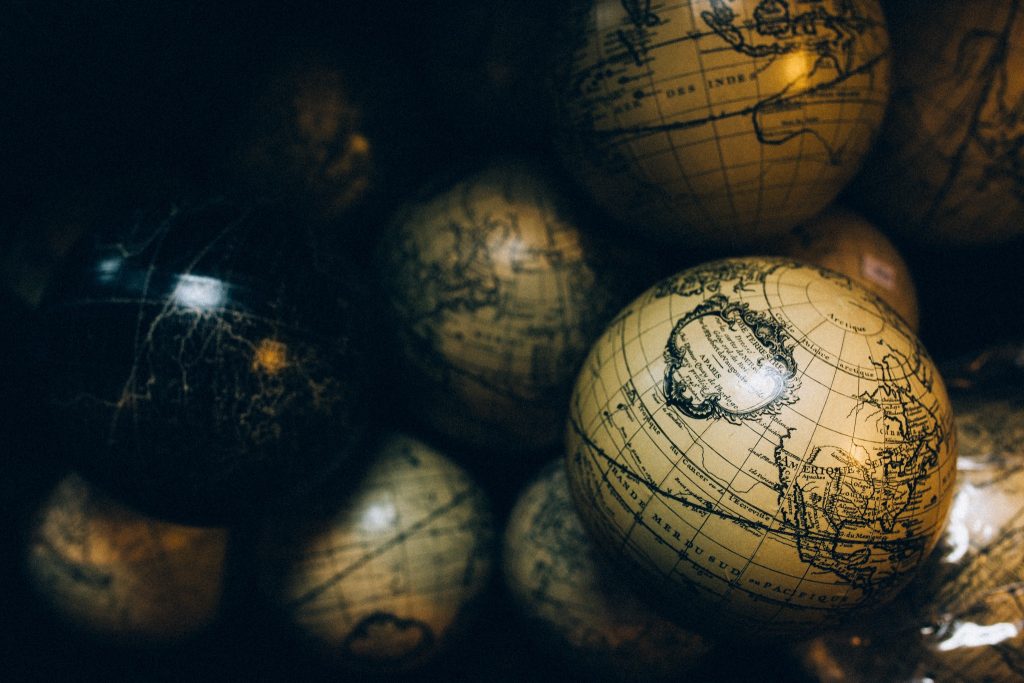
Cultural appropriation is the adoption of certain elements of a culture without the consent of that community nor a full understanding of why such elements are important. It has continued to make national headlines with scores of celebrities being accused of adopting cultural icons such as dreadlocks and henna without a full appreciation of their significance to communities around the globe.
Much of the controversy surrounding cultural appropriation concerns the people who believe their appropriation is just a gesture of appreciation and a recognition of the beauty of such elements. Fundamentally, though, this idea is rooted in an orientalist thought process which reduces items to simply ‘beautiful’ and ‘mysterious’ objects, void of any deep sentimental or spiritual significance. So how can we, in a globalised and converging world, appreciate other cultures in a meaningful manner?
At the heart of cultural appropriation is a power dynamic that stretches way back to the colonial period of our history. Our ancestors stripped continents and communities of their valuable assets, exploited populations and fundamentally left these countries disadvantaged through selfishness.
Cultural appropriation works to strip cultures thriving amongst us of their elements of significance in a clear power imbalance that results in these elements being reflected in popular culture in a relatively trivialising manner.
When we pick and choose the parts of a culture we want to sport we only ever scratch the surface of any culture’s rich history and therefore the gesture can feel hollow, however well intended. It’s this picking and choosing that feels so hypocritical to most victims of appropriation; western culture is willing to endorse R&B, street fashion and afro-beat, for example, but is very reluctant to stand up when black lives systemically come under threat.
If we can teach ourselves to be cultural allies we can attempt to alleviate the power imbalance at play when appropriation inevitably happens in our globalised world.
Whilst we can’t rid ourselves of the histories which make cultural appropriation so uncomfortable, we can attempt to listen to the cultures we appropriate from, appropriate less and crucially, stand as allies using our privilege to create a more even playing field.
